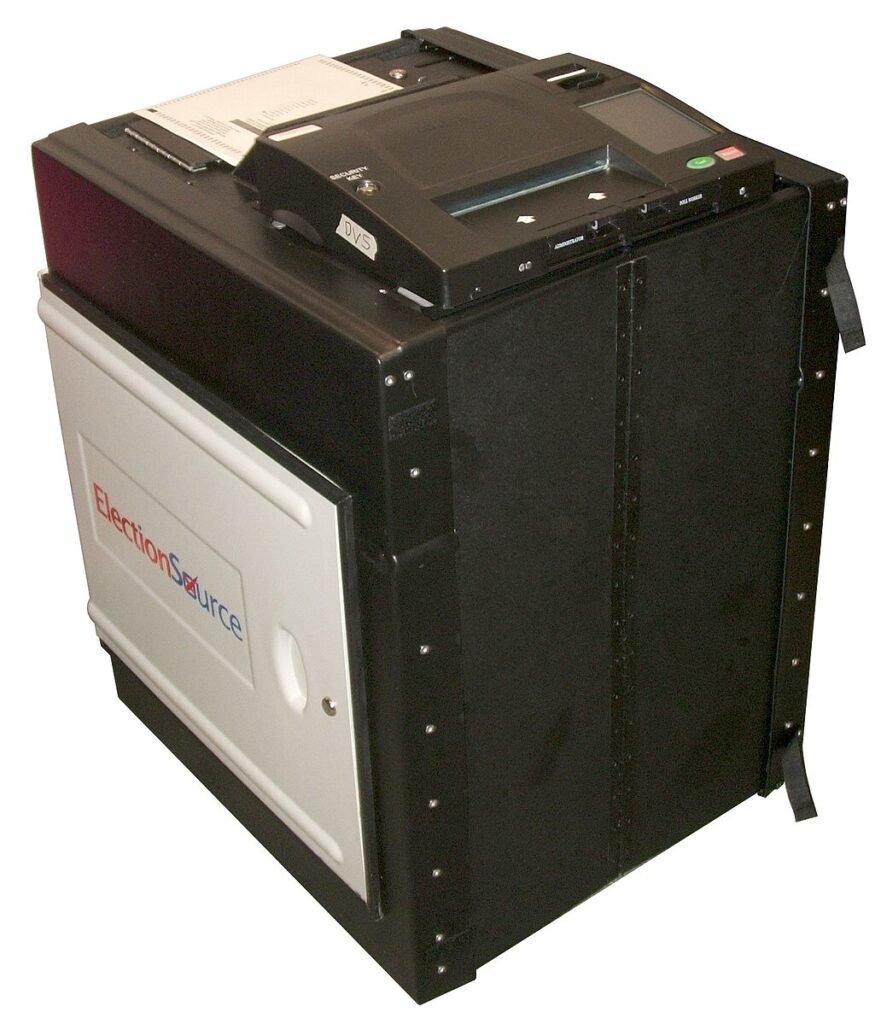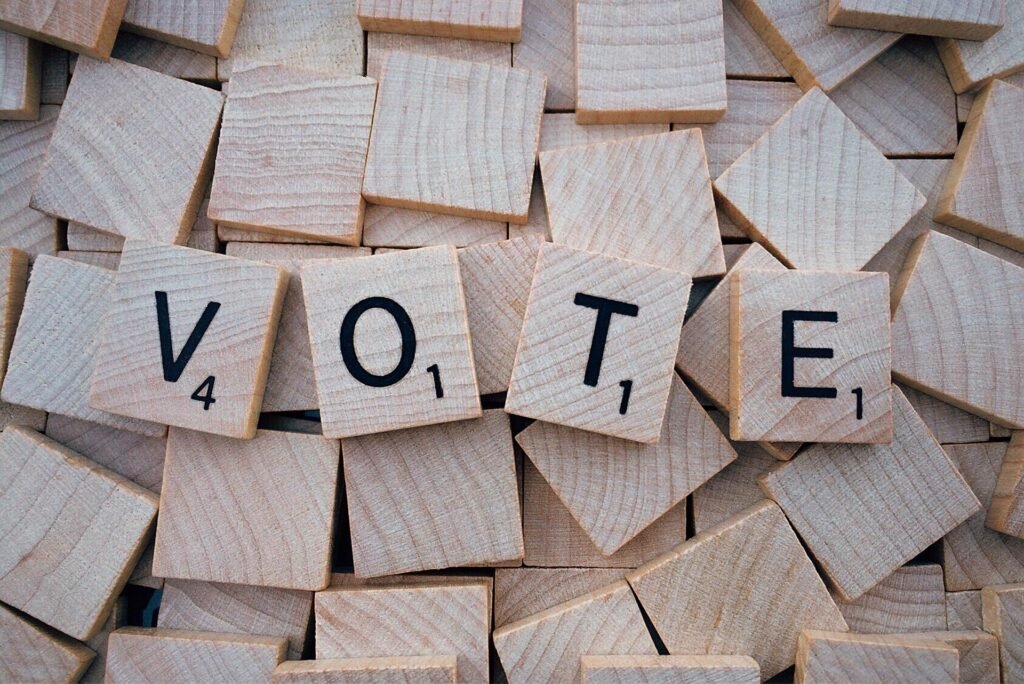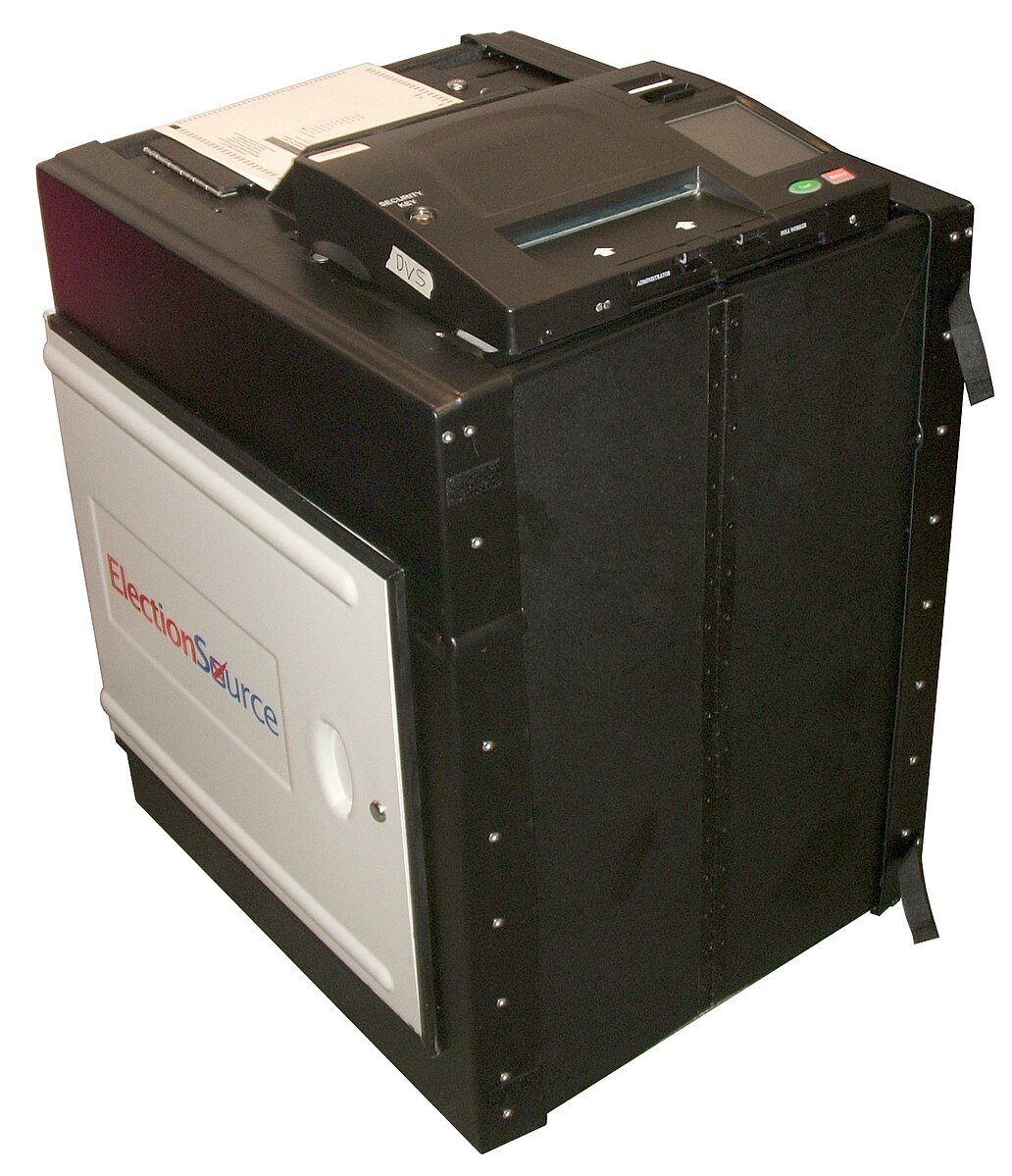By Gina Hill | Alaska Headline Living | October 2025

“As of today, Dominion is gone.” With that declaration, Liberty Vote, a St. Louis-based election technology firm led by entrepreneur Scott Leiendecker, announced its acquisition of Dominion Voting Systems, the company long at the center of election debates and political controversy. Both companies have confirmed the sale, and Dominion’s website now redirects to Liberty Vote, signaling a new chapter in the nation’s voting technology landscape.
It’s a sweeping move sure to draw both excitement and skepticism. But what does this mean for you, the voter? And how can citizens stay secure, informed, and empowered in election years ahead?
What This Could Mean for Voters: The Upside
1. A chance to reset trust

Dominion’s name has become politically charged. For many, the brand is tied to conspiracy theories, litigation, and distrust. A fresh start under new ownership, if handled transparently, could help restore confidence in election hardware and software.
2. A promise of American ownership and transparency
Liberty Vote’s release emphasizes that the company will be “100 % American-owned” and pledges more public, paper-based audit mechanisms. If they follow through, that could strengthen safeguards in close or contested races.
3. Potential modernization & competition
New ownership might spur innovation, improved user experience, better security architecture, or cost efficiencies. Competition and fresh leadership may force upgrades faster than with the prior status quo.
Risks, Questions & Potential Pitfalls

1. No guarantee of change
Ownership or branding changes don’t automatically fix entrenched technical or governance flaws. If the same staff, architectures, or contracts remain in place, “new” may prove to be superficial.
2. Centralization & monopoly concerns
If Liberty Vote consolidates too much control, some jurisdictions might end up locked into a single vendor. Without strong oversight, that could reduce bargaining power or choice for municipalities or states.
3. Transitional vulnerabilities
During any ownership handover … software migration, hardware updates, contract rewriting … there can be security gaps, misconfigurations, or malfunctions. That’s a sensitive period for voters and election administrators alike.
4. Skepticism, scrutiny, and litigation
Given how politically fraught Dominion has been, the move may invite lawsuits, audits, or regulatory challenges. Critics will watch every step for signs of bias, allowed interference, or unreported conflicts.
What You, the Voter, Can Do to Stay Empowered and Vigilant

1. Demand transparency:
Ask your county or state board how they plan to vet Liberty Vote hardware or software. Request audit logs, independent security assessments, and public demonstrations of vote tabulation.
2. Insist on paper trails and audits:
Support legislation or policy in your state that mandates voter-verifiable paper ballots, routine risk-limiting audits (RLAs), and post-election disclosures of audit results.
3. Stay informed & localized:
Follow your local election office’s announcements. Attend public testing or “logic and accuracy” testing sessions if allowed. Some jurisdictions permit public oversight or observation. Take advantage.
4. Advocate for transparency laws:
Push for “open source” or “freely auditable” systems, open inspection of software code or independent audit rights, and process rules for how voting vendors are selected and replaced.
5. Support civic tech and academic oversight:
Help fund or support organizations (university election labs, non-profits) that audit election systems, publish vulnerability research, or help citizens interpret results safely.
Final Word
The sale of Dominion to Liberty Vote is not simply a corporate transaction. It’s a contested moment that may reshape the public’s trust in U.S. election infrastructure. For voters, the stakes are real. It will be those who insist on audits, transparency, and accountability who will help turn a new name into real change, or catch problems before they take root.

– Tom Stoppard




